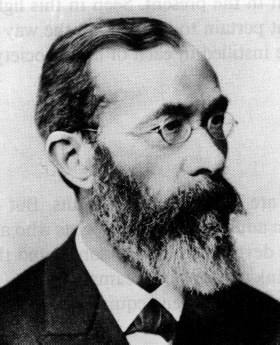
Wilhelm Wundt
1st Psych lab - 1879 in Leipzig, Germany

William James
Published critical text Principles of Psychology in 1890


John Watson B. F. Skinner

Sigmund Freud


 Abraham
Abraham
Carl Rogers Maslow

Wilhelm Wundt |
Considered the founder of the discipline of psychology
1st Psych lab - 1879 in Leipzig, Germany |
Studied conscious experience by examining its structure or components parts (sensations, feelings) using individuals who were trained in introspection. This "school of psychology" became known as structuralism. |

William James |
Instrumental in establishing psychology in the U.S.
Published critical text Principles of Psychology in 1890 |
Instead of focusing on the structure of the mind, James stressed studying the adaptive functions of behavior; this was the basis of a new school of thought called functionalism. |
 
John Watson B. F. Skinner |
John Watson (1924) argued that psychologists, as scientists, should stick to studying observable behavior (not the mind) such as how behavior changes with learning. | This new approach or school of psychology known as behaviorism was also championed by B.F. Skinner and dominated American psychology for nearly 50 years. |

Sigmund Freud |
Sigmund Freud focused on unconscious causes of behavior | This is known as the psychoanalytic approach or school of thought and the techniques Freud used to try to reveal the hidden causes of behavior became known as psychoanalysis. |
 |
Led by Max Wertheimer (no that's not Max to the left), yet another group of psychologists focused on perceptual organization and processing. | The "credo" of this school of psychology - Gestalt psychology- is "The whole is greater than the sum of the parts." |
  Abraham Abraham
Carl Rogers Maslow |
Carl Rogers didn't think that either behaviorism or psychoanalysis took into account that which he considered best about humans: free-will and ability to make choices. | He and Maslow, who emphasized every person's potential for self-development, are 2 key representatives of humanism or humanistic psychology. |